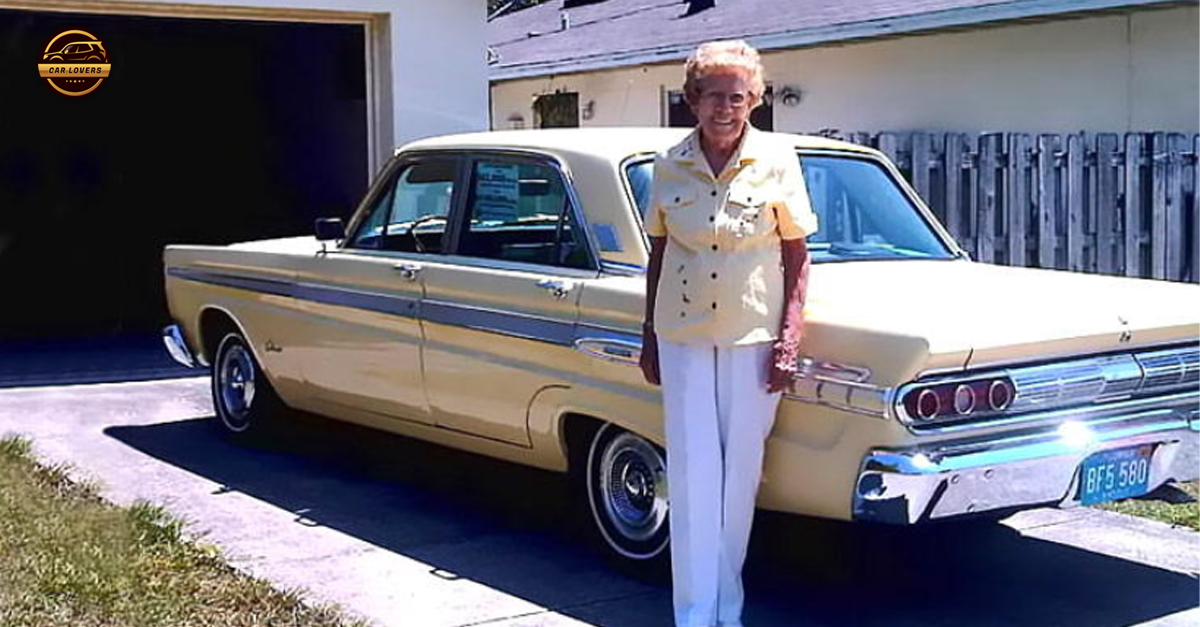Tesla Roadster batteries are reaching their end of life 15 years after production. But getting hold of a new battery pack is not an easy affair.
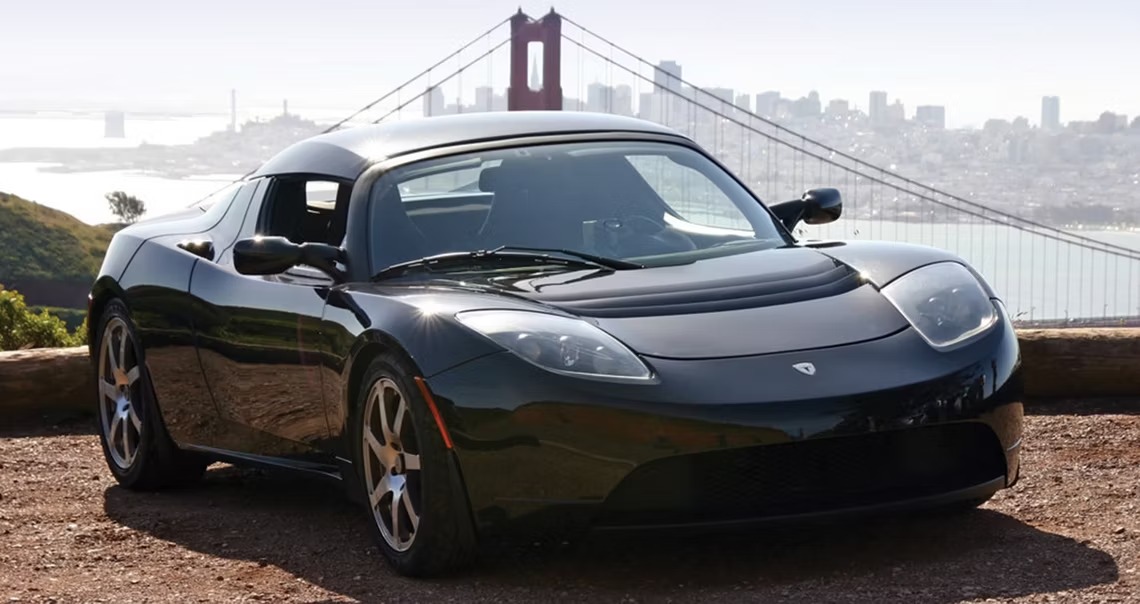
Tesla first produced its EV Roadsters in 2008, and their batteries are finally dying in 2023. That’s 5 years past their expected lifespan, but all that time doesn’t make getting a new battery pack easy. It can take years to get a new Tesla battery.
People like Pete Gruber from Gruber Motor Company have a solution to extend the Tesla Roadster battery life. He can get another year to three years out of some Tesla batteries if repaired soon after a cell dies. This prevents battery failure from stranding electric car owners while they wait for a new battery pack.
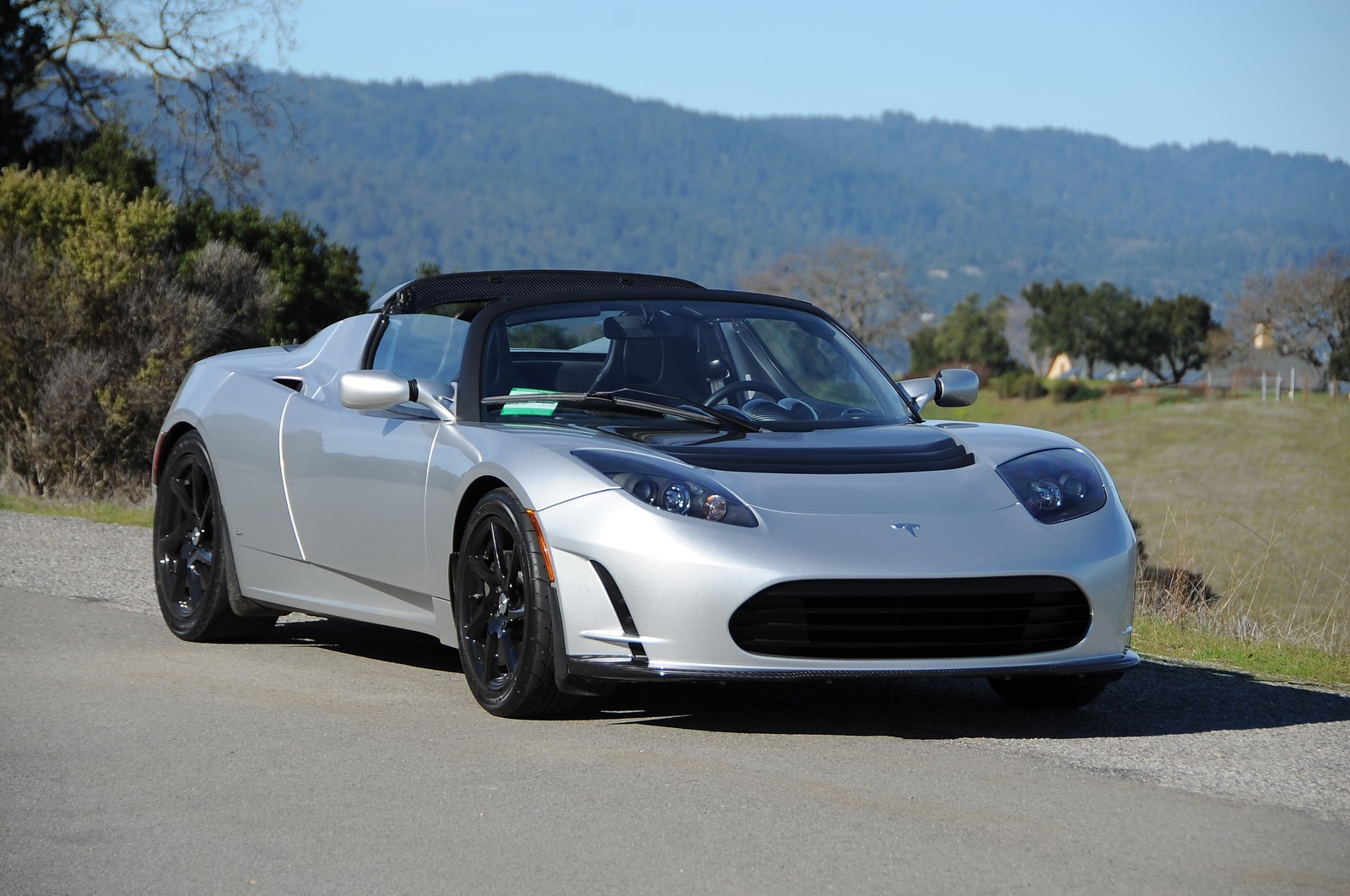
Tesla’s biggest Roadster battery success has been its first-gen battery. This battery still powers most Tesla Roadsters today. But all good things have to come to an end.
This end could further tarnish the original Tesla Roadster’s reputation, which survived near failure due to safety recalls in the past. Despite this, Tesla Roadsters are currently gaining value as some of the first EV collectible cars.
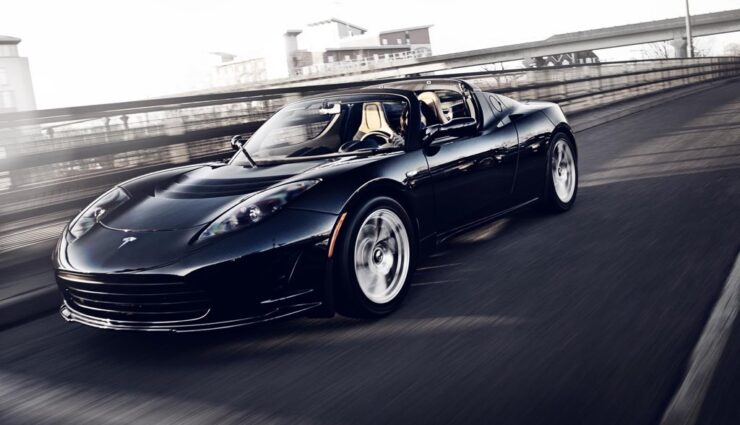
Symptoms Of Tesla Roadster Battery’s End Of Life
Many EV drivers wonder how they will know when their battery is reaching its end of life. The biggest indicator that the battery is declining is loss of power. Some vehicles will fail to get to highway speeds or have trouble ascending hills. Others increasingly lose range.

Some Tesla owners have described their battery end-of-life experience as a sensation of the pedal being “squishy.” This comes from diminished power leading to slower acceleration.
Once Tesla drivers notice a performance decline caused by battery loss, it worsens over the next few months. Eventually, the car will not be able to get them to their destination.
2016 Tesla Roadster Battery Upgrades Were An End Of Life Test Run
In 2016, Tesla offered its Roadster owners a battery upgrade that would extend its range and lifespan. Original batteries had an expected range of 200 miles, and the new battery would extend that to 400 miles.
Not only did the extended range quickly return to baseline, but the 2nd-gen batteries died before the 1st-gen batteries reached the end of life. Customers who paid up to $32,000 for the upgrades were furious. Their vehicles could no longer get them up to freeway speeds or up their sloped California hillside driveways.
The above video published on the Gruber Motor Company YouTube channel dives deep into the end-of-life issue. Pete Gruber investigated 2016 Tesla Roadster battery pack upgrades as they came in alongside 2008 1st-gen packs. They’re experiencing a similar cell death.
What could make new battery cells die at the same time as cells produced over 8 years earlier? Gruber believes it is a cell quality issue. The 2nd-gen battery packs produced through 2019 may be composed of faulty cells from the same lot.
Once the cells die, it becomes resistive. Over a short time, the death of one cell causes the parasitic death of other cells within the brick.
News about the failures of the 2016 Tesla Roadster battery upgrade’s early end of life made its value plummet.
Some Roadster pricing fell to as low as $35,000. But the Roadsters are still going for an average of over $100,000 with the original batteries . Batteries are now magnified as a hidden cost of Tesla EV ownership. Additionally, there are opinions on the best and worst years to buy many Tesla models because of reliability issues.
Life Support For A Dying Tesla Roadster Battery
First-gen and 2nd-gen batteries are now trickling into EV repair shops across the country, hoping for solutions. Since Tesla is the only supplier of replacements, it can take years to get a new battery pack. They have yet to scale the production to meet demand.
According to Gruber, when a vehicle comes into the shop for battery end-of-life due to cell death, he puts it on “life support”. He is able to use the car’s log file to determine which sheet and then which brick the damaged cell is in. Then he connects DC power to the cell to keep it above 2V. This prevents the damaged cell from taking down others.
Then, the damaged cell is taken out of commission. There are 6,831 cells in a Tesla Roadster battery pack. The car doesn’t notice if one is missing. Removing it prevents it from doing further damage and restores function to the brick.
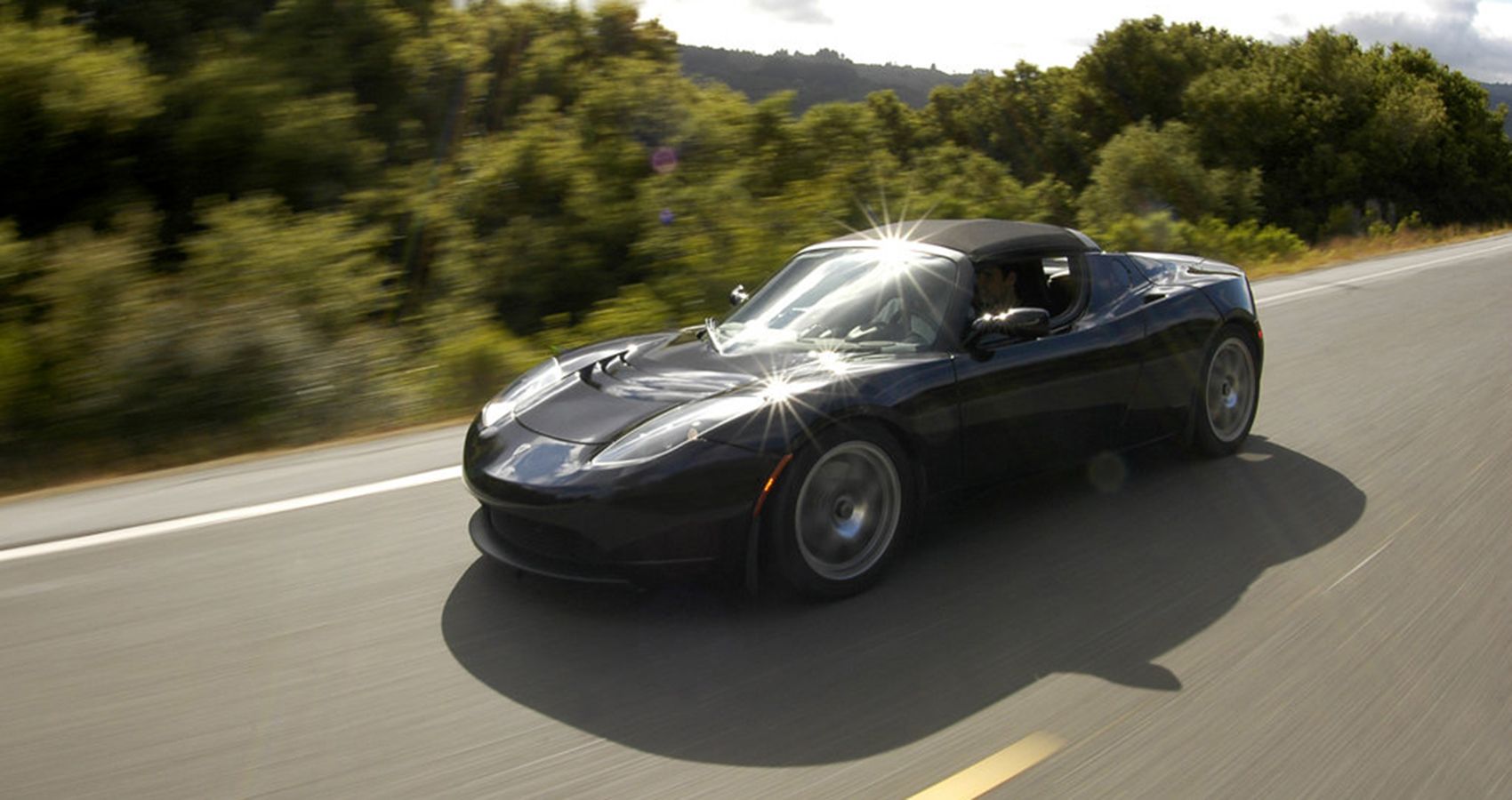
Gruber says these repairs may last for a year or more. This gives owners a chance to order a new battery pack, which may take even longer.
If too many cells become damaged, it is possible to get a donor sheet from an auction, but there are very few available. Tesla doesn’t sell sheets and only sells the entire battery pack.
The Tesla Roadster was the first EV of its kind and way ahead of its time in terms of technology. People are watching with interest to see what happens when EV batteries reach the end of life.
So far, getting a new battery is a major hurdle. But smaller EV repair shops are finding solutions for Tesla owners, so they can keep their vehicles on the road while they wait for Tesla to make more replacement battery packs available.
With the first-gen Tesla Roadsters being in the spotlight for its end-of-cycle makeover, things are going to get even trickier for the infamously delayed up to $200,000 (est.) Roadster. We hope Tesla gives us a closure on the Roadster supercar, atleast in 2023!








